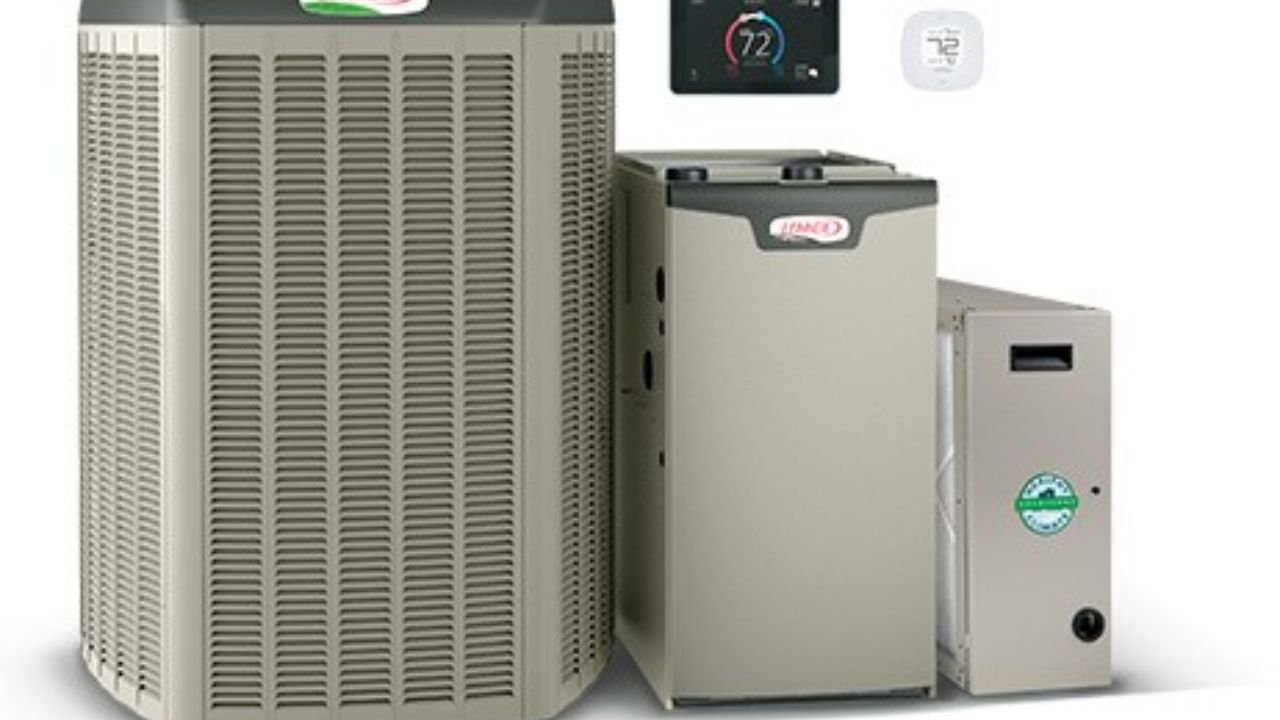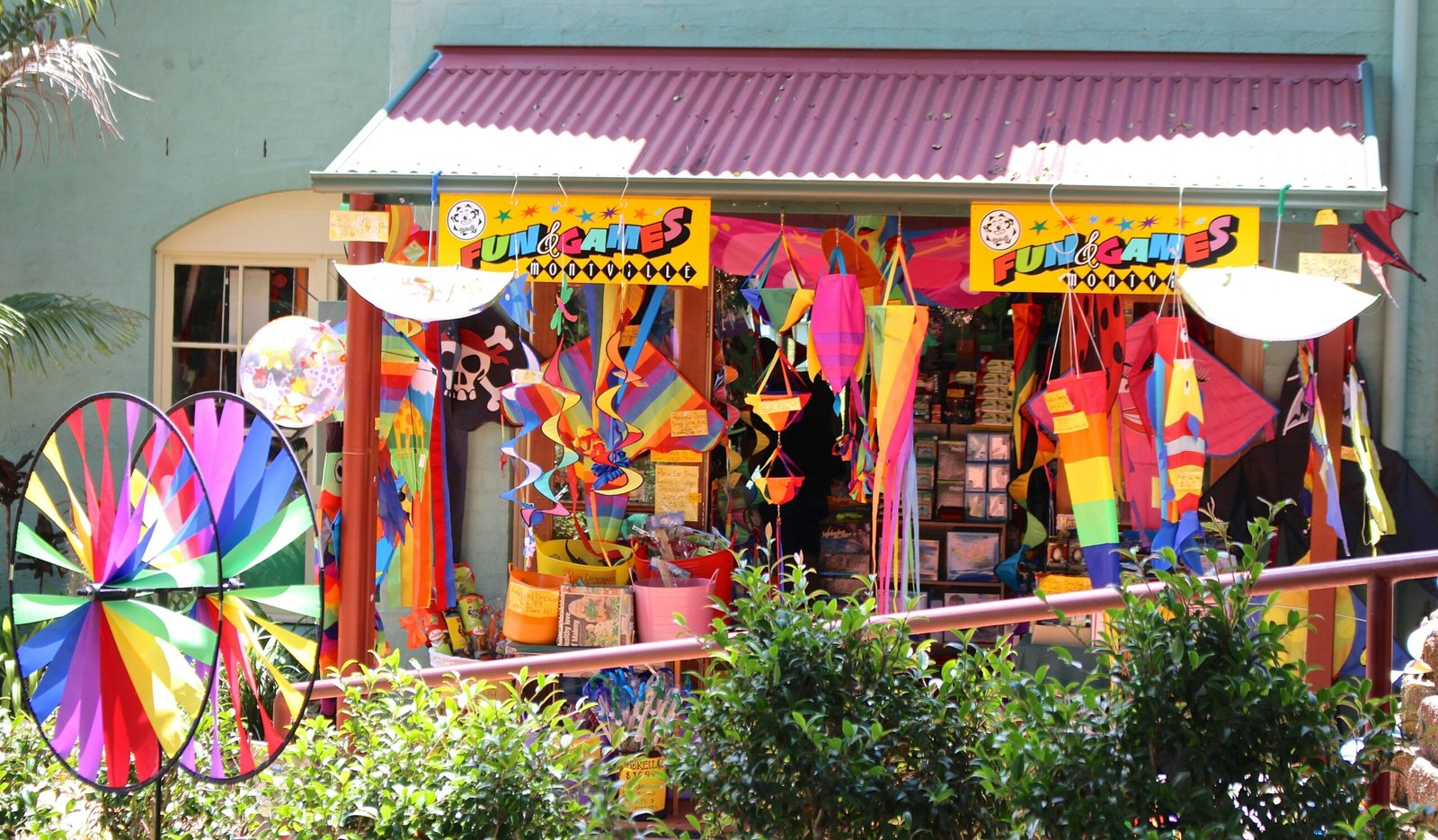When it comes to the world of HVAC (Heating, Ventilation, and Air Conditioning) systems, Spencer was once a trusted name in the industry, offering quality products that homeowners and businesses alike relied on. However, with time, certain Spencer HVAC products have been discontinued, leaving many users wondering what happened to their favorite systems and what the best path forward might be. This article explores the reasons behind these discontinuations, their impact on the HVAC market, and the alternatives available today.
Why Were Spencer HVAC Products Discontinued?
Discontinuation of HVAC products is a common occurrence in the industry, and Spencer’s case was no exception. Several factors typically contribute to such decisions:
- Technological Advancements: As new technologies emerge, older models often become obsolete. Spencer, like many other companies, may have struggled to keep up with rapidly evolving HVAC technology. Features like energy efficiency, smart home integration, and eco-friendly refrigerants became crucial to consumers, rendering older systems less competitive.
- Regulatory Changes: The HVAC industry is heavily regulated, especially regarding environmental concerns. Over the years, the shift towards more environmentally sustainable solutions may have led to the phasing out of certain Spencer products that no longer met updated energy standards or refrigerant regulations, such as those imposed by the Environmental Protection Agency (EPA).
- Market Demand Shifts: Consumer preferences change over time, with modern customers leaning toward more compact, efficient, and quiet HVAC units. This shift may have influenced Spencer’s decision to discontinue specific models that no longer resonated with their target audience.
- Business Restructuring: Companies often undergo strategic changes, including mergers, acquisitions, or shifts in their product lines. It’s possible that Spencer opted to streamline their offerings, focusing on newer technologies or exiting certain market segments to concentrate on more profitable ventures.
The Impact of Discontinued Spencer HVAC Products on Consumers
For many homeowners and businesses who owned Spencer HVAC units, the discontinuation of these products created a variety of concerns. One of the primary issues is maintenance and repair. Finding compatible parts for discontinued models becomes increasingly difficult as manufacturers stop producing components, leading to higher costs and longer wait times for repairs. Additionally, HVAC technicians may have less experience servicing outdated Spencer units, resulting in more challenging diagnostics and repairs.
Another consequence is the difficulty in replacing units. Many Spencer HVAC users are faced with the decision of whether to try to maintain their aging systems or invest in entirely new HVAC solutions. Those who are particularly loyal to the Spencer brand may find it disheartening to see their trusted products no longer available.
Popular Spencer HVAC Products That Were Discontinued
Several Spencer HVAC models once enjoyed a strong reputation but have since been taken off the market. Some of these products include:
- Spencer Compact Central Air Conditioners: These were favored for their space-saving designs and relatively low price points. However, newer, more energy-efficient models from competitors eventually made these units obsolete.
- Spencer Heat Pumps: Known for their versatility in both heating and cooling applications, Spencer heat pumps were a popular choice for residential use. Unfortunately, changing efficiency standards and advances in heat pump technology led to their discontinuation.
- Spencer Gas Furnaces: While these furnaces were reliable workhorses for many households, the demand for more eco-friendly heating solutions contributed to their phase-out.
Despite these discontinuations, Spencer’s products left an undeniable mark on the HVAC industry, especially for those who had used them for years.
What To Do if You Own a Discontinued Spencer HVAC Product?
If you currently own a discontinued Spencer HVAC system, there are a few important steps you can take to ensure continued comfort in your home or business.
1. Regular Maintenance: Ensure your system runs smoothly by scheduling regular maintenance. HVAC systems last longer when they’re properly cared for, and this is especially true for discontinued models. Keep your filters clean, check for leaks, and have a technician inspect the system twice a year.
2. Stock Up on Spare Parts: As Spencer no longer produces parts for these discontinued models, it can be wise to purchase essential spare parts in advance. Components like filters, compressors, and thermostats may become more difficult to find, so having them on hand can prevent headaches down the road.
3. Work with an Experienced Technician: Make sure the HVAC technician you hire has experience working with older or discontinued models. They can help keep your system running efficiently while advising on when it might be time to upgrade to a newer system.
Alternatives to Discontinued Spencer HVAC Products
While it can be disappointing to learn that Spencer’s HVAC products have been discontinued, there are several excellent alternatives available in the market today. Brands like Trane, Carrier, Lennox, and Rheem have stepped up with innovative, energy-efficient solutions that meet the needs of modern homes and businesses.
- Trane: Known for durability and energy efficiency, Trane HVAC systems offer cutting-edge technology, including smart thermostats and variable-speed compressors.
- Carrier: As one of the leading names in the HVAC industry, Carrier provides a range of high-efficiency products, including air conditioners, heat pumps, and furnaces. Their commitment to sustainability has made them a top choice for eco-conscious consumers.
- Lennox: With a focus on energy savings and environmental impact, Lennox has been a trailblazer in developing high-efficiency HVAC units that qualify for Energy Star ratings and rebates.
- Rheem: Rheem’s product lineup offers a good balance of affordability, performance, and reliability. They produce everything from traditional HVAC systems to newer, more energy-efficient alternatives.
Choosing a replacement for your discontinued Spencer HVAC system may seem daunting, but with the help of an experienced HVAC professional, you can find a modern unit that offers the same—or better—performance than your old Spencer model.
Also Read: CFBWH: The Key to Scalable and Secure Bandwidth Housing
The Future of HVAC: What to Expect
The discontinuation of Spencer HVAC products highlights an important trend in the HVAC industry—an ongoing evolution toward more energy-efficient, eco-friendly, and technologically advanced systems. The HVAC landscape is set to change dramatically in the coming years, with smart home integration, AI-driven climate control, and renewable energy-powered heating and cooling systems at the forefront of these changes.
Consumers can expect to see more options that emphasize environmental sustainability, such as heat pumps powered by electricity from renewable sources, geothermal HVAC systems, and advancements in insulation and air filtration technologies.
How to Choose the Right Replacement for Your Spencer HVAC System
If you’re in the market for a new HVAC system to replace your discontinued Spencer model, several factors will guide your decision:
- Energy Efficiency: Look for products with a high SEER (Seasonal Energy Efficiency Ratio) rating. A higher SEER rating means better energy efficiency, which translates to lower energy bills.
- Smart Features: Consider upgrading to a system with smart controls that can be integrated with your home automation system. These systems allow you to control your home’s temperature remotely and automatically adjust settings based on your usage patterns.
- Environmentally Friendly Refrigerants: Many modern HVAC systems use eco-friendly refrigerants that are safer for the environment. Make sure your new system complies with the latest environmental regulations.
- Cost and Warranty: Price is always a factor, but don’t forget to consider the warranty. A long warranty period can provide peace of mind and help offset the upfront cost of a new system.
Conclusion
While discontinued Spencer HVAC products may leave some long-time users searching for solutions, the good news is that today’s HVAC market is full of high-performance, energy-efficient alternatives that provide greater comfort and savings. By staying informed about the latest technologies and working with skilled HVAC professionals, you can ensure that your home or business continues to enjoy reliable heating and cooling for years to come.
FAQs
What should I do if my Spencer HVAC system breaks down?
It’s best to contact an experienced HVAC technician who can repair discontinued units. Alternatively, you may want to explore options for replacing your old system with a newer, more efficient model.
Are parts still available for discontinued Spencer HVAC products?
While parts may be harder to find, some third-party suppliers or HVAC specialists may still have access to certain components. Stocking up on essential parts in advance can help avoid long delays when repairs are needed.
Why did Spencer discontinue its HVAC line?
Spencer likely discontinued its HVAC products due to a combination of technological advancements, regulatory changes, and market demand shifts. The need for more efficient, eco-friendly, and smart-compatible systems may have outpaced Spencer’s ability to update its product line.
What are the best alternatives to Spencer HVAC products?
Brands like Trane, Carrier, Lennox, and Rheem offer a variety of high-quality, energy-efficient HVAC systems that can serve as excellent replacements for discontinued Spencer products.
Is it worth repairing an old Spencer HVAC system?
It depends on the age and condition of your system. If your unit is still functioning well, regular maintenance can extend its lifespan. However, if it’s frequently breaking down, it may be more cost-effective to invest in a new system.
How do I choose the right HVAC replacement for my home?
Look for a system that offers energy efficiency, smart features, eco-friendly refrigerants, and a strong warranty. Consulting with an HVAC professional can also help guide you toward the best option for your specific needs.





